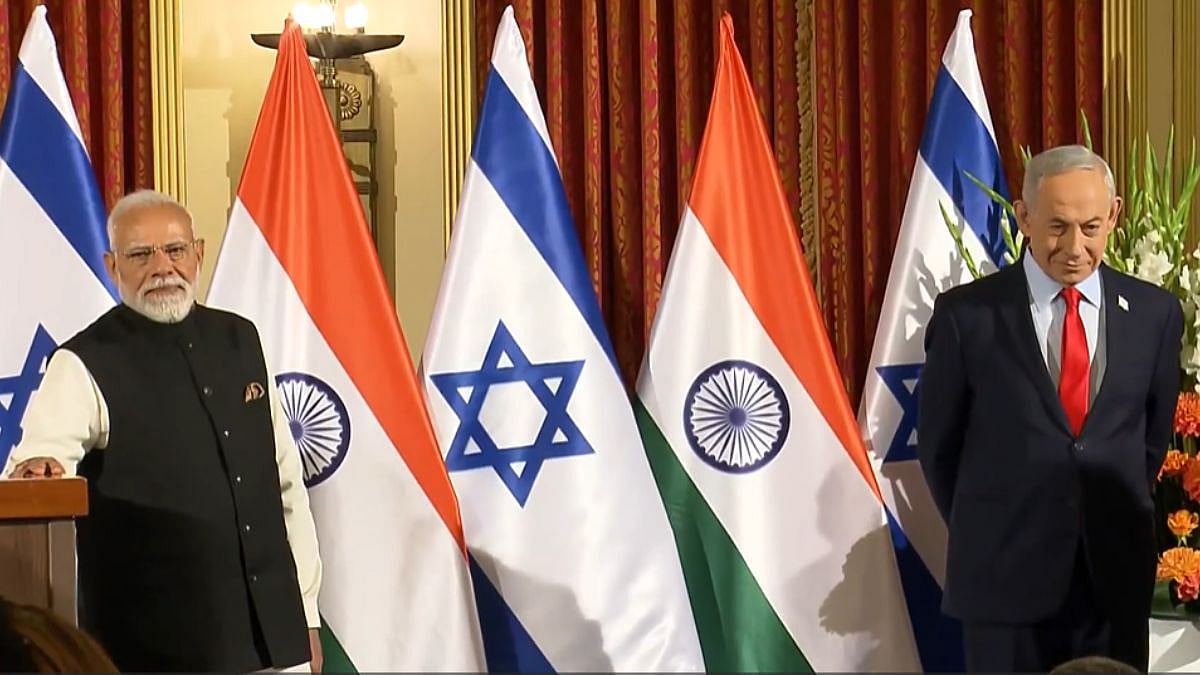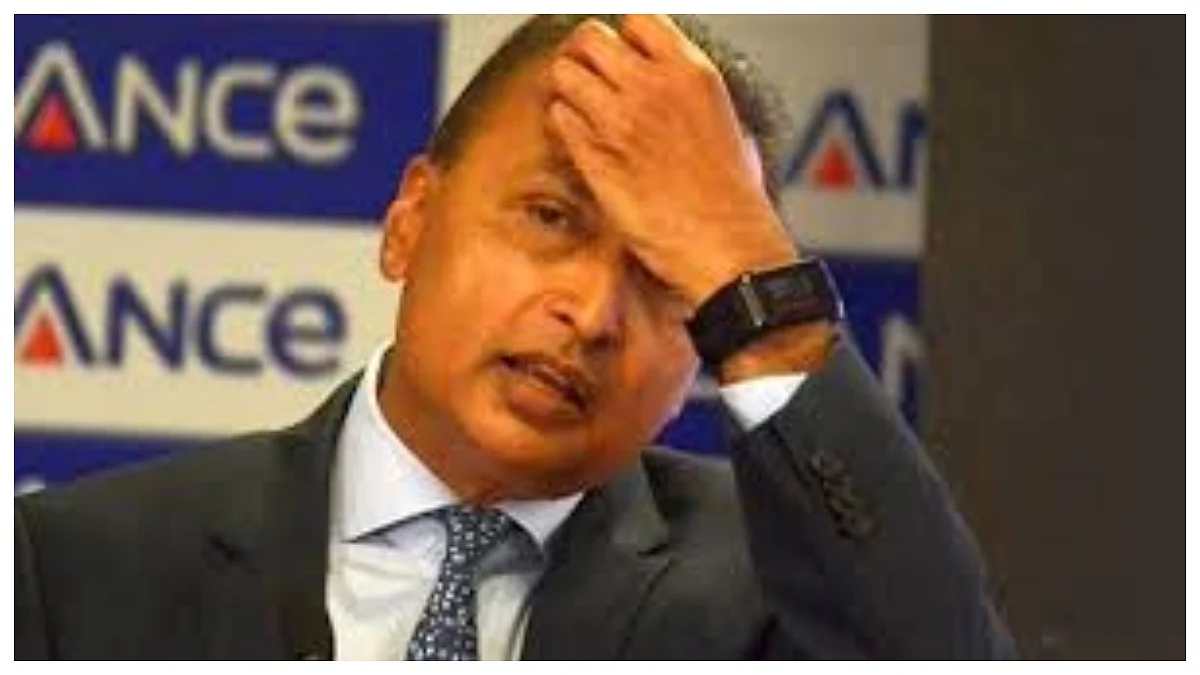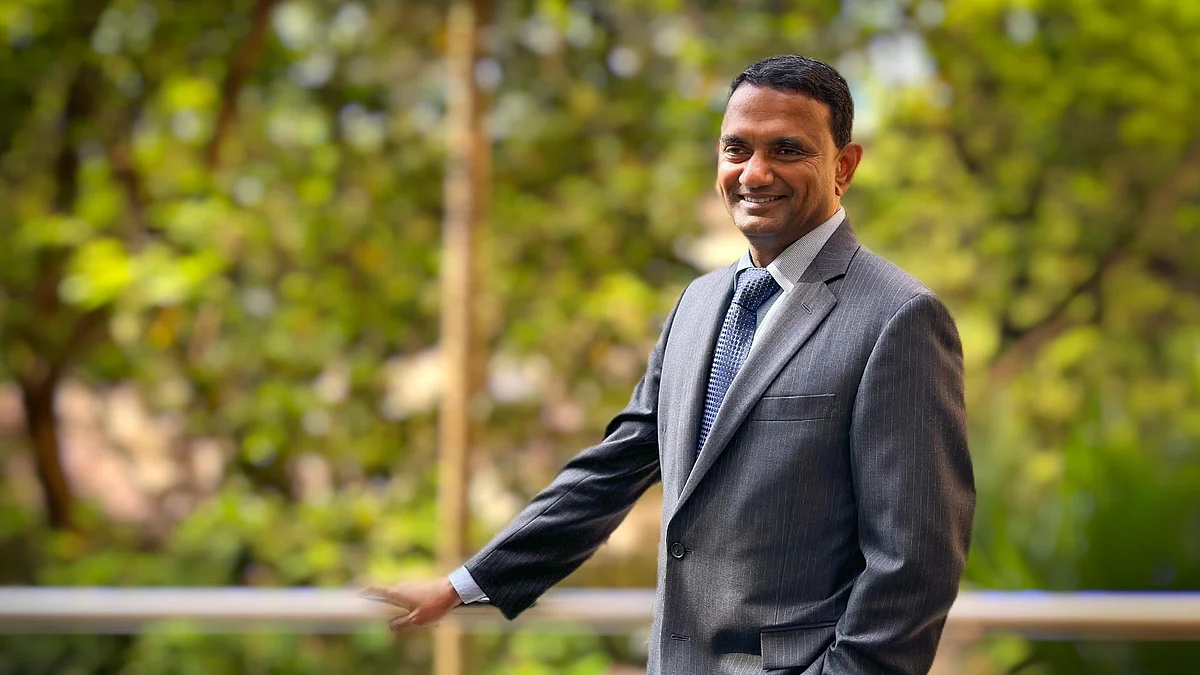New Delhi: Over the last decade, the Narendra Modi government has repeatedly harped on a kind of diaspora diplomacy based on Hindu nationalism that has apparently enamoured his constituency of non-resident Indian (NRI) supporters. Curiously, his government has now barred NRIs from availing the benefits of the popular long-term small savings and investment public provident fund (PPF) scheme.
The PPF scheme – introduced in all head post offices of India with effect from January 1979 – is popular not only because of its relatively higher rate of interest as compared to fixed deposits, but also because the interest earned from it is free from payment of income tax. The Modi government has amended rules whereby PPF accounts held by NRIs will henceforth earn “zero” interest with effect from October 1, 2024. An order to this effect was issued on August 21, 2024, by the financial services division of the Department of Posts which is overseen by the Union Ministry of Communications, currently headed by turncoat politician Jyotiraditya Scindia.
It can be argued that the move is basically designed to drive NRI investments away from the guarantees of fixed return (7.1 per cent annual rate of interest) promised by the PPF to stock markets and mutual funds that are, by their very nature, volatile and unpredictable. Returns on investments in equity shares and mutual funds can potentially be considerably higher than investments in PPF accounts, but the former is dependent on corporate profits and buoyant share markets.
The government order amending the PPF rules was issued as a set of guidelines to regularise accounts that have been operating in deviation of rules contained in various national small savings schemes. A PPF account in a minor’s name will, henceforth, be paid interest at the rate applicable for any general savings account in a post office, that is, at just 4 per cent per annum. It is only after a minor attains 18 years of age that she or he can open a new PPF account to be eligible to be paid a higher rate of interest. Though “irregular” – the minimum age requirement to open a PPF account in India is 18 years – a de facto account in the name of a minor has been opened by many parents in the past 50 years with the aim of funding future financial requirements of their children.
For many middle-income households without fixed salaries or regular sources of income, the funds in the de facto PPF accounts had, in the past, come in handy to somewhat insulate young people from financial uncertainty in the time to come. This will no longer be possible. The new guidelines clearly bar individuals from holding multiple PPF accounts. An individual will be allowed to choose two accounts – a primary account into which funds (up to a maximum of Rs 1.5 lakh, which is the annual ceiling of investment in a PPF account) and a secondary account from which funds can be transferred to the primary account. The primary account would only be eligible for receiving the prevailing rate of interest on PPF accounts. The balance in the secondary account will be repaid with zero interest, while other PPF accounts held in the name of the same individual will not be paid any interest from the date it was opened.
As far as NRIs were concerned, it is not that there were no restrictions on them in the past while investing in PPF accounts – they are barred from opening new PPF accounts. However, until now, the rule permitted NRIs to continue investing in PPF accounts which they opened, if any, while still being a citizen of India. Therefore, even after acquiring NRI status, they could contribute and could continue to accrue interest till the account reached its maturity date, that is, 15 years from the date of opening. Now, however, NRIs will accrue “zero” interest in PPF accounts from October 1 onwards.
The Modi government’s decision on NRI investments in PPF accounts comes a few months after he was elected for a third term in power, albeit with 240 MPs in the Lok Sabha, as against 303 MPs in 2019. His government has, since 2014, been aggressively wooing the diaspora by launching various socio-cultural outreach programmes. The Pravasi Bharatiya Diwas has become a bigger affair. More Overseas Citizen of India (OCI) cards are being issued by the Indian government to NRIs settled abroad.
Speaking to the British daily newspaper, the Guardian, in March 2015, BJP ideologue Ram Madhav said: “We are changing the contours of diplomacy and looking at new ways of strengthening India’s interests abroad. They [meaning, the NRIs] can be India’s voice even while being loyal citizens in those countries... It is like the way the Jewish community looks out for Israel’s interests in the United States.”
Soon after getting elected as Prime Minister of India in 2014, Modi had addressed a huge gathering of NRIs at the Madison Square in New York which was variously described as “electrifying” and akin to a “rock concert”. In May 2023, he was welcomed like a “rock star” by overseas Indians when he travelled to Australia for an event held at the Qudos Bank Arena in Sydney to display India’s soft power. In June 2024, soon after being elected prime minister for the third time, while speaking at the Ronald Reagan Center in Washington DC during a threeday state visit, Modi stressed the “crucial role” that needs to be played by the Indian-American diaspora in strengthening the partnership between India and the United States. One is, therefore, at a loss to understand the sudden turnaround of the government’s diaspora diplomacy. The authors are independent journalists based in the National Capital Region.




